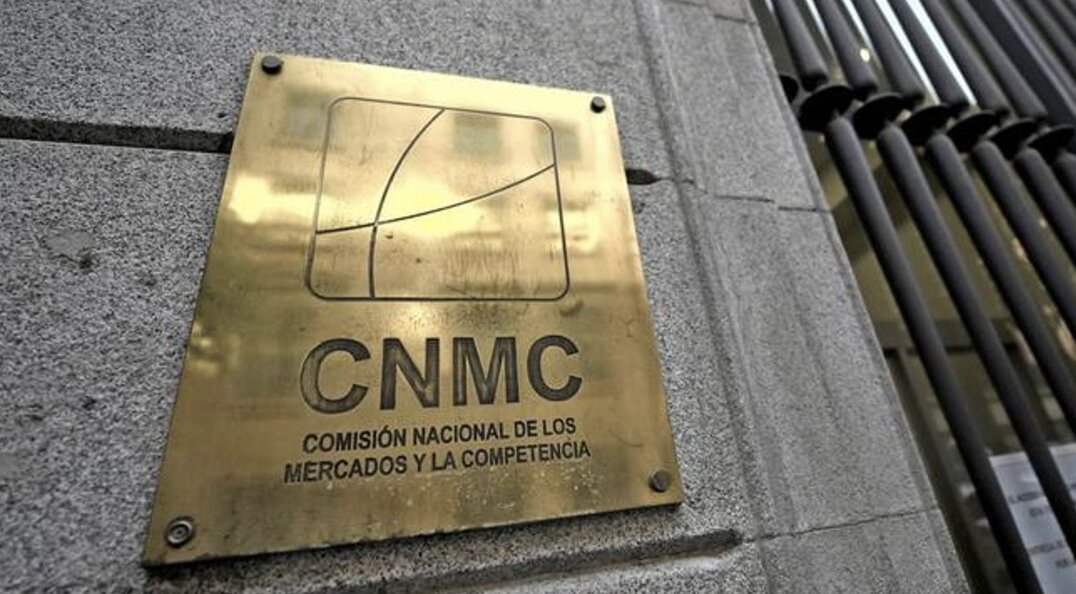Spain’s antitrust watchdog, known as the CNMC, levied substantial fines on global tech giants Amazon and Apple.

The regulatory authority found evidence of collusive behavior between the two companies, specifically in relation to limiting the online sale of Apple devices and stifling competition in Spain’s electronic device market. The CNMC’s investigation revealed that the contracts signed between Amazon and Apple included anti-competitive clauses that hindered the operations of other retailers, leading to the imposition of fines totaling €194.1 million ($218.03 million). Both companies have the option to appeal the decision within a two-month window.
In 2018, Amazon was granted the status of an authorized Apple dealer through two contracts signed on October 31st. However, it became evident that these agreements contained clauses that harmed competition and disrupted the online market for electronic devices in Spain. The CNMC’s investigation brought to light how the collaboration between Amazon and Apple impacted the availability and pricing of Apple devices on Amazon’s platform. The actions of the two companies hindered other sellers’ access to the market, affecting over 90% of the existing retailers using Amazon to sell Apple products. Furthermore, Amazon limited the advertising capabilities of Apple’s competitors on its website, leading to a significant increase in the prices of Apple devices sold online in Spain.
In response to the anti-competitive practices, the CNMC imposed significant fines on both Amazon and Apple. Apple was fined €143.6 million, while Amazon was ordered to pay €50.5 million. The CNMC justified the fines as a means of penalizing the companies for unjustified restrictions on competition in the Spanish market. The substantial penalties send a clear message that colluding to control and restrict competition will not be tolerated.
In an emailed statement to Reuters, Amazon’s spokesperson rejected the CNMC’s suggestion that the company benefited from excluding sellers from its marketplace. The spokesperson clarified that Amazon’s business model is dependent on the success of companies selling through their platform. Furthermore, the spokesperson argued that the deal had proven beneficial for Apple device buyers, leading to an increase in the number of discounts on iPads and iPhones.
“We reject the suggestion made by CNMC that Amazon benefits from excluding sellers from its market place, as our business model hinges precisely on the success of the companies selling through Amazon,” Amazon’s spokesman said in statement sent to Reuters.
Apple defended the collaboration with Amazon, stating that the agreement aimed to combat the sale of counterfeit devices online. The company pointed out that prior to the arrangement, it had incurred significant expenses and effort in issuing hundreds of thousands of ‘take-down’ notices to halt the sale of counterfeit products. The deal with Amazon was intended to address this issue more effectively.
Coincidentally, a case involving Amazon and Apple in Italy bore similarities to the one brought before the Spanish antitrust watchdog. However, in the Italian instance, the two companies faced initial fines of €200 million ($224.8 million) before the charges were eventually dropped. It remains to be seen how the appeal process and legal landscape in Spain will unfold.
